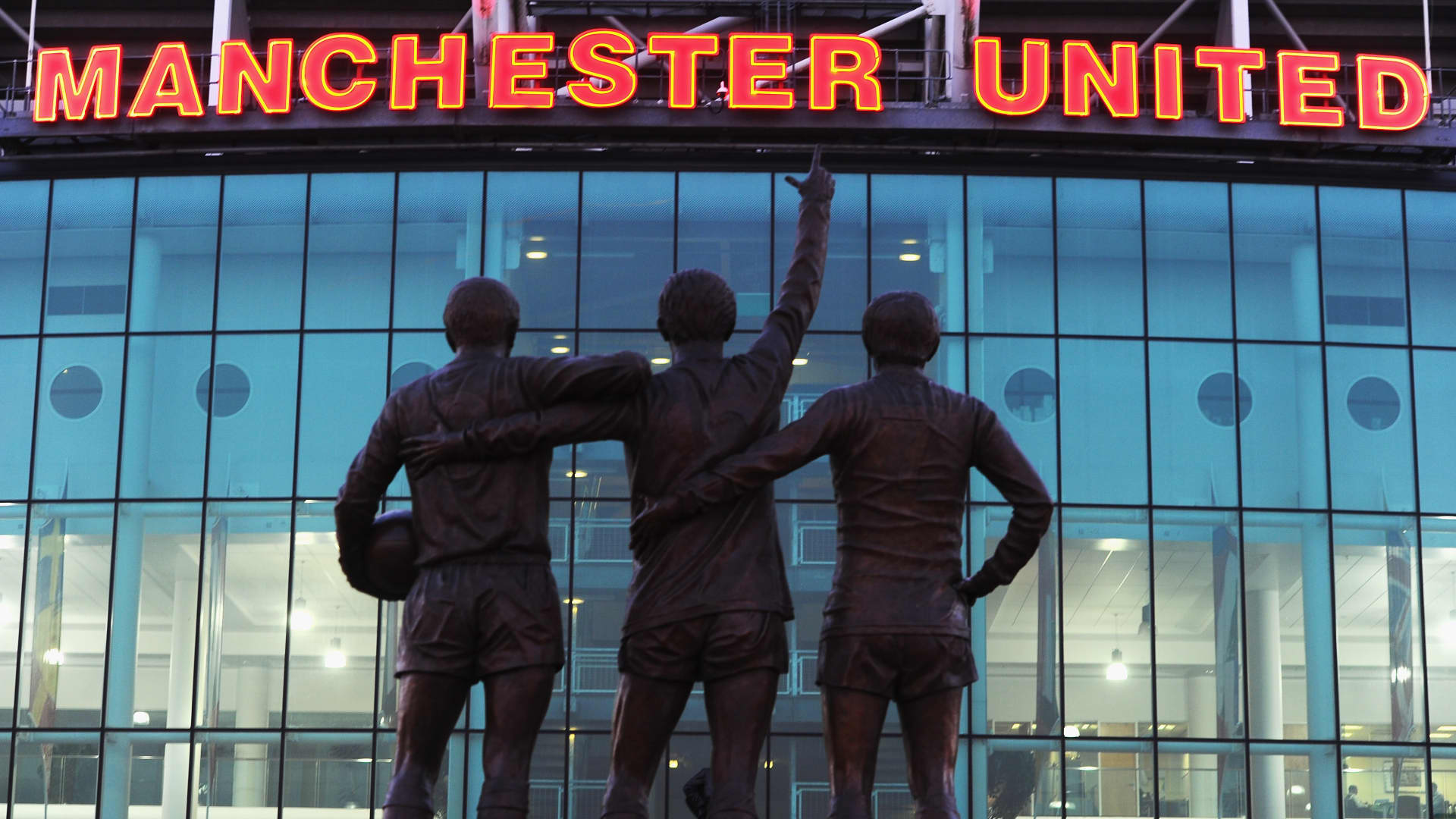
- Select a language for the TTS:
- UK English Female
- UK English Male
- US English Female
- US English Male
- Australian Female
- Australian Male
- Language selected: (auto detect) - EN
Play all audios:
_ Run, run as fast as you can! _ _You can’t catch me — I’m the Gingerbread Man!_ To the Tories who are aghast at Boris Johnson ’ s lurch towards the big state, it ’ s worth saying that they
bestowed the mantle of leadership on him, first and foremost, because he was a winner. Beyond that they chose to believe what suited them best. Many, among them those who ended up on his
front bench, believed they were voting for a free marketeer, a son of Thatcher. This view was reinforced when Johnson defenestrated grand old Tories of the liberal persuasion like Ken
Clarke, Justine Greening and Dominic Grieve. Johnson was not, it seemed, son of a “Brexity Hezza” as he claimed, but the Iron Lady reincarnated as Ironman junior. Now they see before them a
different character: big state, tax and spend Boris, hell-bent on driving a coach and horses through a cardinal principle of Tory philosophy and a cast-iron commitment in the last manifesto:
if not lower taxes, then at least not higher ones. Out goes the Triple Lock on pensions, up goes National Insurance, whoosh goes the tax burden to levels not seen since Clem Attlee was in
Number 10, up goes public debt, ouch go the public finances. With one bound Johnson has arm-locked his Chancellor Rishi Sunak — who was edging up in the popularity stakes — into submissio n.
He has planted his feet on traditional Labour territory and left Keir Starmer flat-footed. It ’ s been a carefully choreographed performance, albeit with less substance than the raw
numbers suggest, by a Prime Minister who knows a good thing when he sees it and has the chutzpah to go for it. This is a political move, not (as Number 10 would have it) a bold, new radical
policy. There are no new ideas, just more money. Unsurprisingly, all the talk of a revolt on the backbenches and within the Cabinet has been steam-rollered into silent acquiescence. Johnson
knows his free-market placemen. Even those like Sajid Javid the Health Secretary, who worship at the altar of Ayn Rand, fell in line. He is, for now, all-powerful. What does this tell us
about the man and therefore about the immediate future? The answer is: not much. Johnson remains something of a hologram. He ’ s there but he isn ’ t. You can see him but you can also see
through him. He has no identifiable vision of what this country should look like, beyond Brexit and the phoney culture wars. The NHS, teetering still on the edge of crisis, is short of
funds. Social care remains a scandal, a stain on our vaunted national value of fairness. More austerity is out of the question. Those red wall seats would be aflame at more punishment.
Despite the soaring levels of government debt, it seems the Chancellor had a bit of leeway. Johnson put two and two together and came up with 1.25 per cent on National Insurance. The money
will help. But the NHS remains structurally underfunded and understaffed. Brexit has holed its staffing levels below the waterline. This is a sticking plaster solution. Whatever Johnson may
say about the Tories being the party of the NHS, which frankly beggars belief, the health service remains vulnerable to rapacious (largely American) private sector companies with about as
much public service ethos as a bunch of ferrets. The social care bit of this big spending gambit is not, as Johnson would have us believe, a carefully thought through attempt to address this
deepening human drama. It is rather an attempt to save the homes of wealthier pensioners, mostly at the expense of those still in work. After Theresa May’s profoundly misjudged social care
reform plan – and more recent worries among the faithful that levelling up will be at the expense of the shires — it’s a sound move politically. But it doesn’t begin to address the problem
which, to be fair, every Western democracy faces: how do we look after our citizens in old age, especially those who cannot look after themselves and have no one to do it for them? There is
also the festering issue of how we support people with disabilities. Disability remains a minor outpost of the Health Secretary ’ s empire, tail-end Charlie to health, even though the number
of people with a disability serious enough to merit support runs into many millions. There is no plan. There isn’t even, at a policy level, a genuine insight of what disability means and
how best to support it. If the £20 a week pandemic top-up in an already meagre Universal Credit is abolished, many will face a harsh winter. Johnson is a man in a hurry, although his
destination is not clear. He looks for support where he can get it, riding the prevailing wind even when it changes direction. To get the leadership he courted the nationalist Right of his
party. To hold onto power, he leans into traditional Labour territory. He is caught between pleasing those red wall voters while not displeasing those in old Tory heartlands, like the voters
of Chesham and Amersham who defected to the Lib Dems. It ’ s not a comfortable position. Johnson’s minders would have us believe that there is a coherent approach in there — summed up,
perhaps, as big state nationalism. But Johnson has no natural intellectual constituency in the party, no soulmates, if you like. Traditional One Nation Tories distrust (and despise) him for
Brexit, for his attack on the judiciary, the BBC and for his heavy-handed immigration policies. The Right – those who put him in Number 10 – are uncomfortable (to use the vaccine minister
Nadim Zahawi’s word) with Johnson’s lurch to a big-state approach. Johnson lobs policy into the mix. Sometimes he U-turns. At other times, if he gets away with it, he tries to outrun his
party and his critics. He belongs to the don ’ t-just-stand-there-do-something school. Politicians who are more ideologically driven can be rigid. But in Johnson ’ s case there is no sense
that his policies — the things he does — come from settled or deeply held values. He makes it up. The deal is the thing. The old folktale of the Gingerbread Man comes to mind. A childless
old woman creates a Gingerbread Man, who then runs away. He is pursued first by the old lady and her husband and then by a series of other characters, until he finally reaches the river.
There a wily old fox offers to ferry him across to get away from his pursuers. Exhausted, having tried one thing then another, the Gingerbread Man accepts the offer — but finds himself in
the fox’s jaws. A MESSAGE FROM THEARTICLE _We are the only publication that’s committed to covering every angle. We have an important contribution to make, one that’s needed now more than
ever, and we need your help to continue publishing throughout the pandemic. So please, make a donation._






